If no one comes from the future to stop you doing it, then how bad of a decision can it really be?
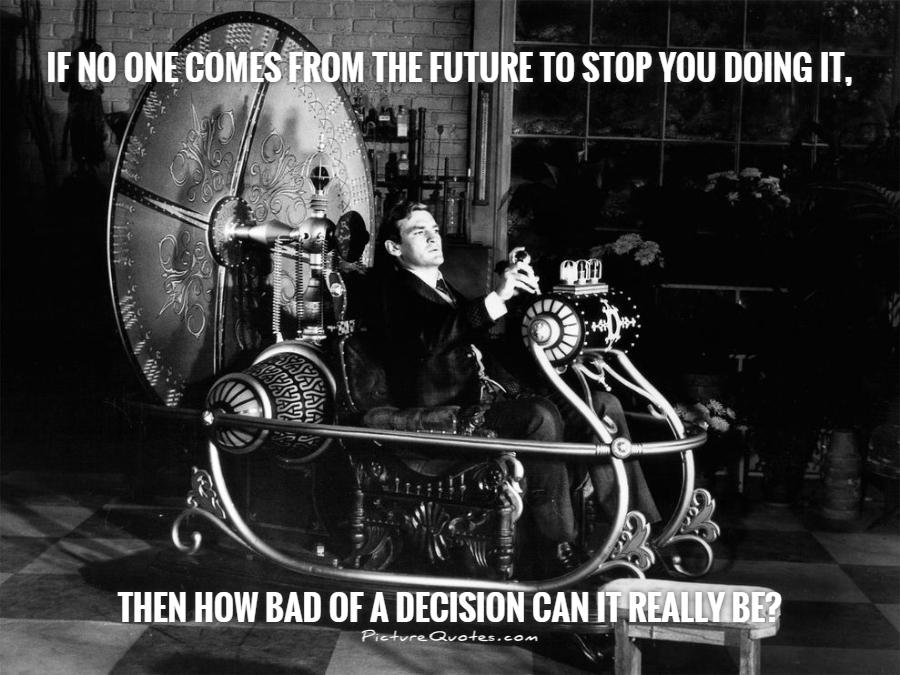
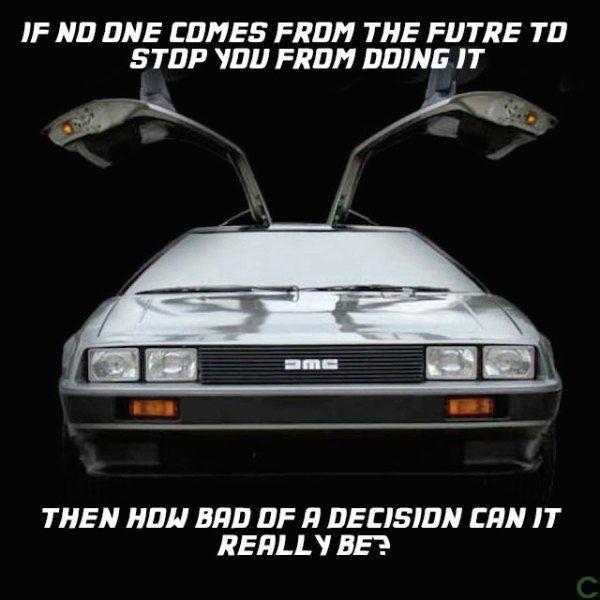
If no one comes from the future to stop you doing it, then how bad of a decision can it really be?
The statement "If no one comes from the future to stop you doing it, then how bad of a decision can it really be?" raises an interesting perspective on decision-making. It suggests that the consequences of a decision can be judged by whether or not someone from the future intervenes to prevent it. This idea challenges the traditional notion of evaluating decisions based on their immediate outcomes and instead proposes a more futuristic and long-term perspective.In essence, this statement implies that if a decision is truly catastrophic or detrimental, someone from the future would have traveled back in time to prevent it from happening. This raises questions about the nature of time travel, free will, and the interconnectedness of past, present, and future events. It also challenges the idea of regret and second-guessing decisions, as it suggests that if a decision was truly a mistake, it would have been rectified by someone from the future.
However, this perspective also raises ethical and philosophical questions about the nature of intervention and the concept of fate. If decisions are predetermined or if there is a higher power guiding our actions, then the absence of future intervention may not necessarily indicate the soundness of a decision. It could simply mean that the consequences of that decision are meant to unfold as they are.
Furthermore, the statement also highlights the importance of taking responsibility for our decisions and their outcomes. Just because no one from the future intervenes does not absolve us of the consequences of our actions. It is still important to consider the potential impact of our decisions on ourselves and others, regardless of whether or not someone from the future steps in to prevent them.

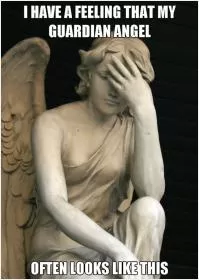
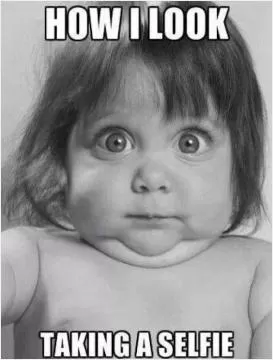





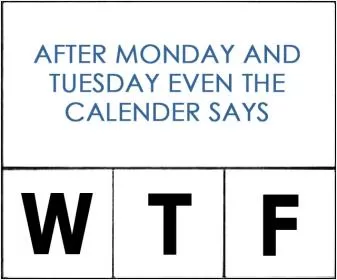


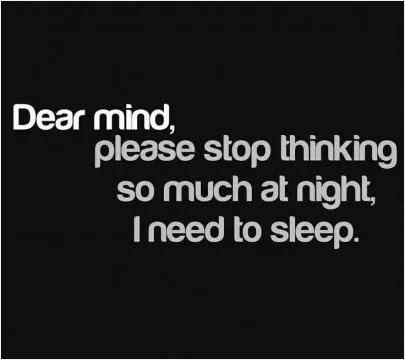
 Friendship Quotes
Friendship Quotes Love Quotes
Love Quotes Life Quotes
Life Quotes Funny Quotes
Funny Quotes Motivational Quotes
Motivational Quotes Inspirational Quotes
Inspirational Quotes